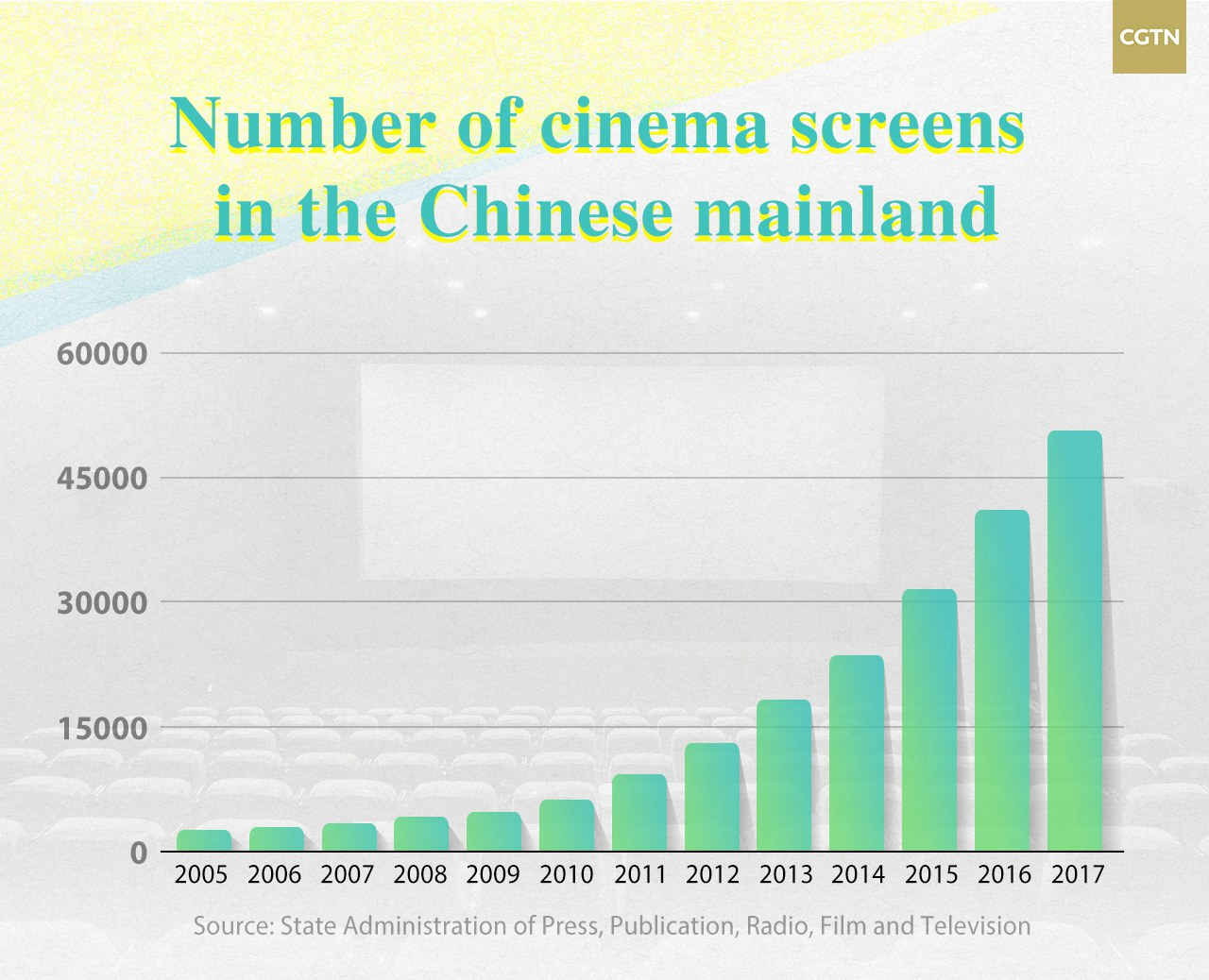Alright, let’s talk about something seismic happening in the Chinese film industry. Forget the narrative of merely competing with Hollywood – China is now actively disrupting the global landscape. At the Beijing International Film Festival’s industry forum, China Film Group Chairman Fu Ruoqing laid it out plain and simple: the last decade has forced a painful, but necessary, evolution.

We’ve moved past simply chasing scale and are now focused on substance, respecting both artistic vision and innovation. This isn’t just about making more movies; it’s about making better movies, and building a truly world-class infrastructure to support them.
And get this: the newly launched CINITY LED 10-meter screen just received DCI certification – the first LED projection system to achieve this globally. Let that sink in. This isn’t incremental improvement; it’s a leap. This signifies China is no longer a follower in high-end cinematic presentation; it’s leading the charge.Fu Ruoqing correctly emphasized the need to embrace “new kinetic energy” from technological innovation and drive the industrial application of high-format film technologies, transitioning from ‘single-point breakthroughs’ to ‘systemic innovation’.
Here’s a little breakdown for those wanting to dig deeper.
Understanding DCI Certification: The Digital Cinema Initiatives (DCI) defines technical standards for digital cinema, ensuring quality and interoperability. Achieving DCI certification for a new screen technology is a huge win, validating its performance and suitability for commercial release.
LED vs. Traditional Projection: LED screens offer superior brightness, contrast, and color accuracy compared to traditional projectors. This means a more immersive and visually stunning experience for audiences.
The ‘Systemic Innovation’ Push: China isn’t just building a better screen. They are developing an entire ecosystem to support high-format digital cinema, which includes content creation, encoding, and distribution.
What it means for the future: China’s advancements in screen technology positions it as a major player not only in domestic film, but also in shaping the future of global cinema. It’s an aggressive move, and one that will undoubtedly force competitors to up their game.


